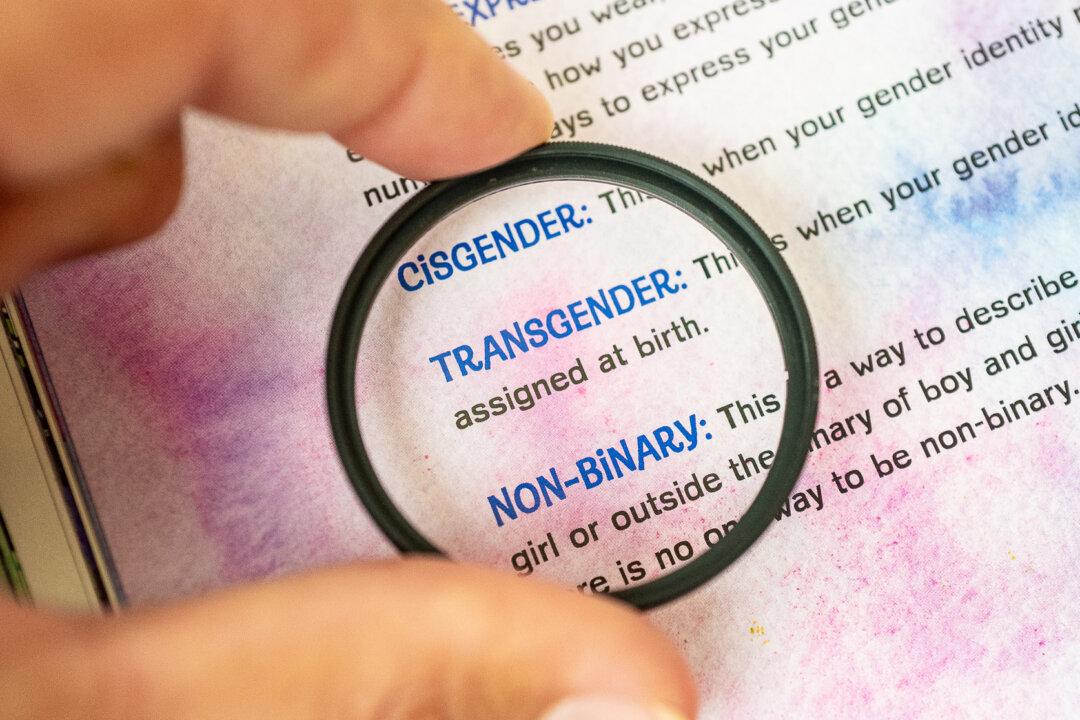Helen Joyce thinks she has partly solved a riddle that vexes millions of people worldwide: How can we make sense of the illogical debates swirling around transgenderism?
Joyce and others seek to bring more reason–and solid research–into view at “The Bigger Picture,” the first international conference of Genspect, an organization that is bucking a trend.





